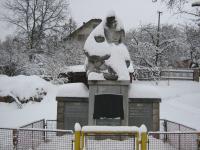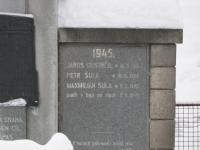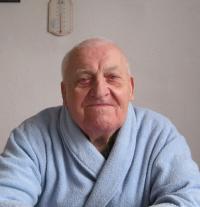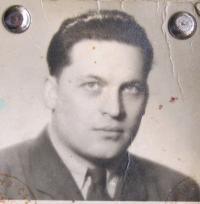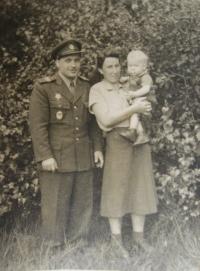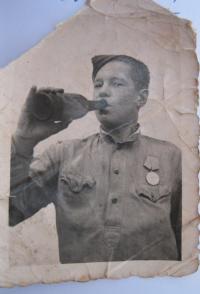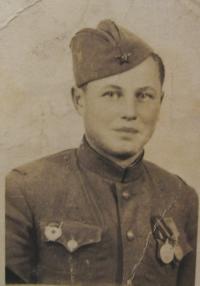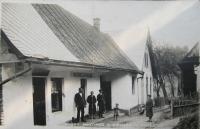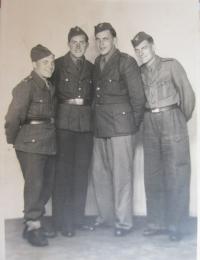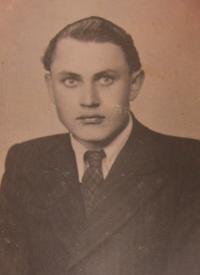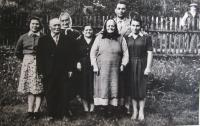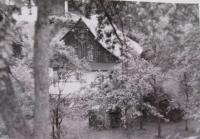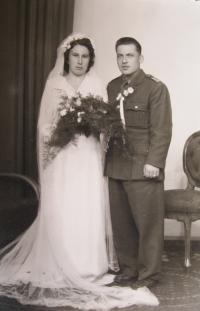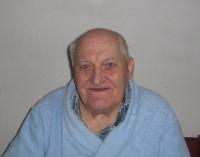“In school we were brought up to be patriotic. Today’s patriotism is outrageous and dangerous. Such an example is the Dělnická Party.“

Stáhnout obrázek
Boleslav Janků was born on the 6th of September, 1924 in Crhov, Zábřeh na Moravě County. In October 1943, he was sent to a forced labour camp in Waldenburg, Germany (today‘s Poland). He worked as a brakeman on the railway. Later, he escaped and joined a partisan group. At first, he was in a partisan group called „Cokytle“. After an exchange of fire with the Germans, he joined a partisan group called, „Crhov“. He lived in a bunker in the Crhov area. The group had few armaments, so they were mostly doing sabotage activities. On the 7th of May in 1945, he took part in an exchange of fire with the Germans. It was one of the biggest conflicts with the Germans in the area. Three partisans, one Russian, and one South African died in the conflict. After the war, he voluntarily joined the army service. He served with the artillery in Chrudim. In 1949, he joined the Czechoslovak Army, but he left after five years because of disputes with the communists. Later, he moved to Police u Mohelnice, where he still lives today.
